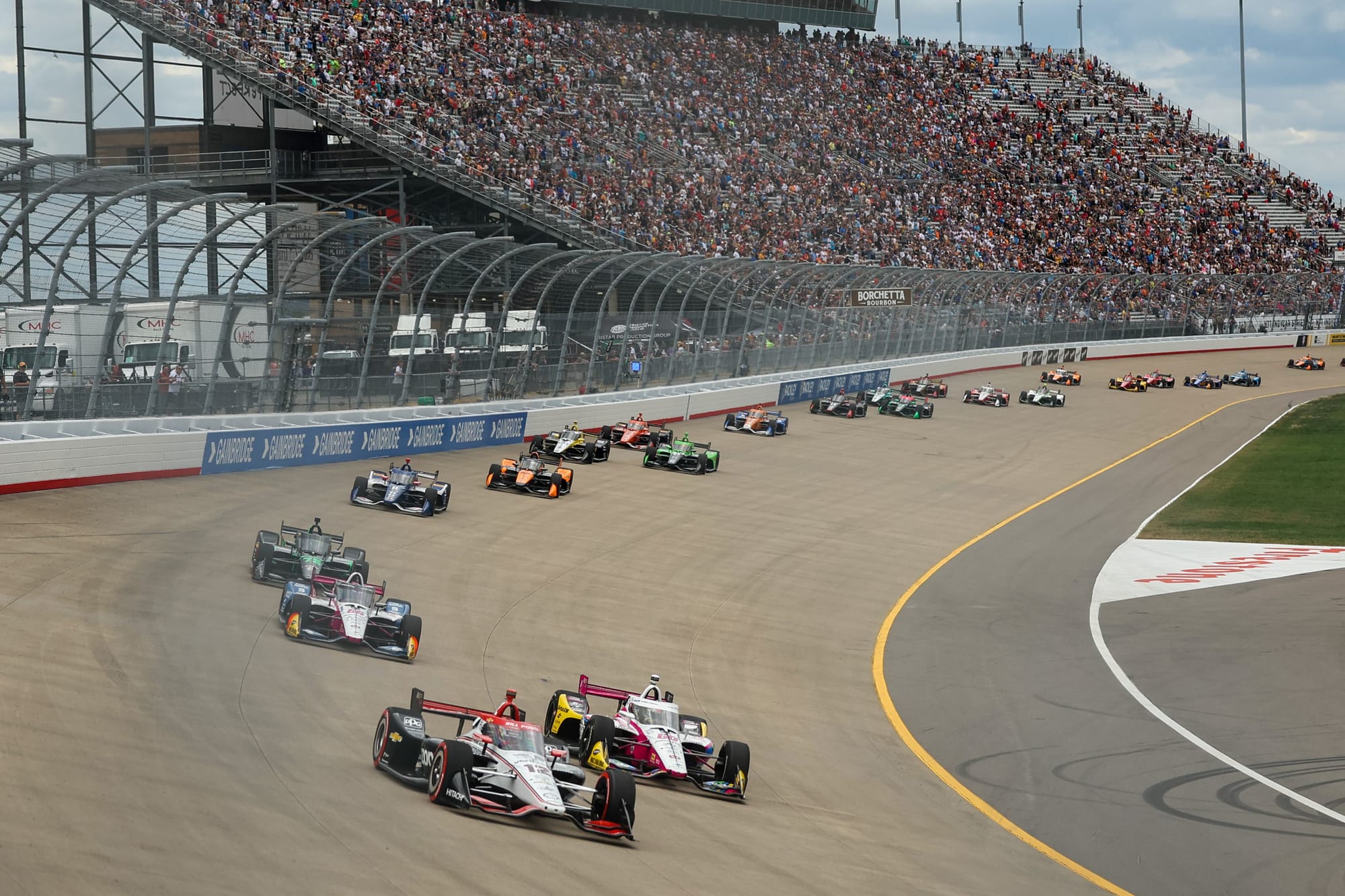IndyCar has changed its president less than a month before the start of the 2025 season.
It's a huge move as Jay Frye exits the team and Doug Boles adds president of IndyCar alongside his already enormous role as head of the Indianapolis Motor Speedway, which hosts the world's highest-attended single-day sporting event.
Why is Frye out? How can Boles do both jobs? What does this mean for the future of IndyCar? And what can be achieved in the short term?
The Race spoke to Boles and Penske Entertainment president and CEO Mark Miles, Boles's boss, with select media to answer some of the key questions surrounding this role.
Why Frye is out
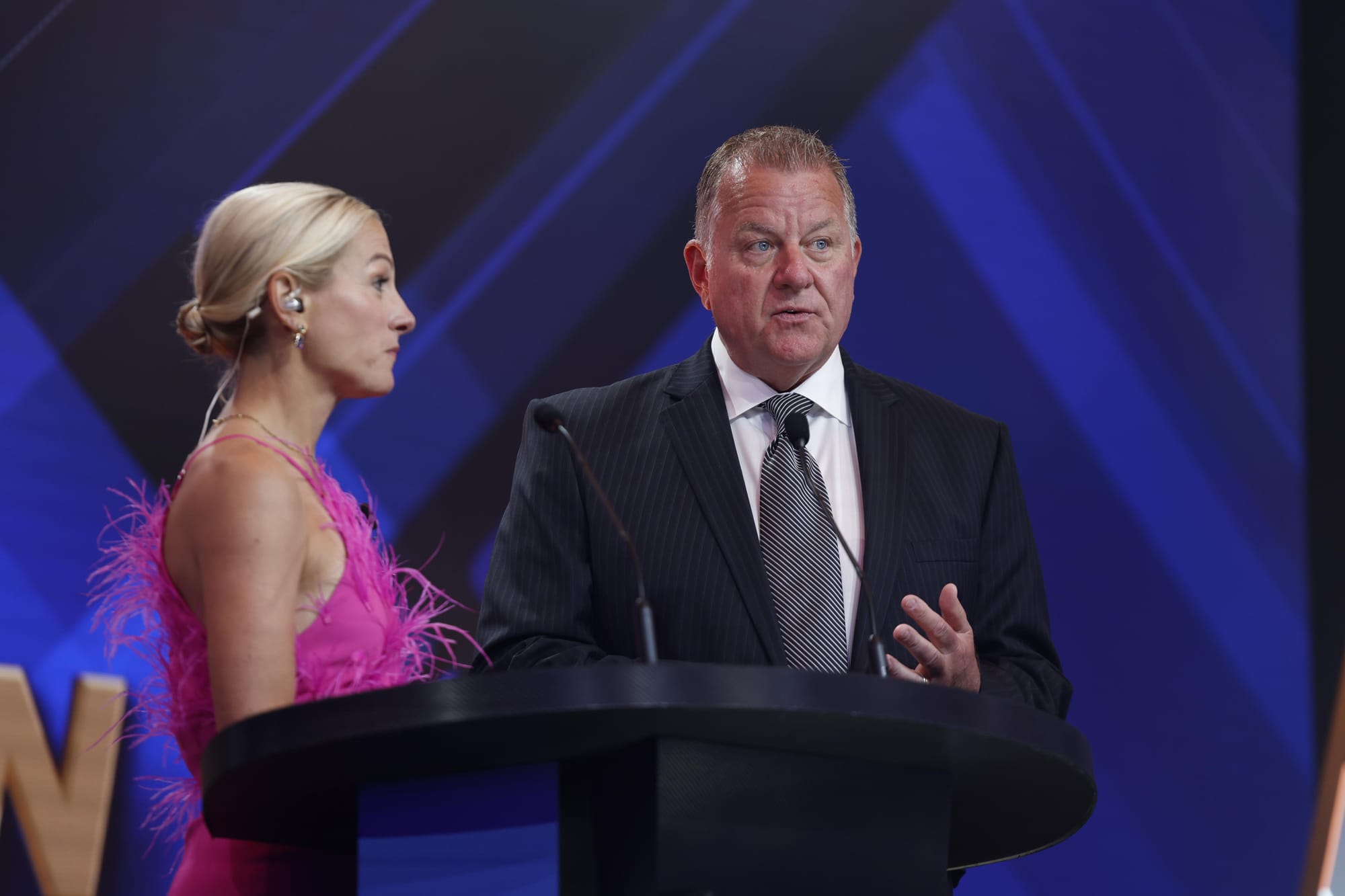
While things haven't exactly been plain sailing in IndyCar over the past few years, one aspect the championship has continued to grow and cannot be criticised for is the on-track product.
This is where Frye spent most of his time - in comp and ops as its known internally, competition and operations - cultivating, tweaking and encouraging the level of competition we see today.
So for these reasons, it is a surprise to hear he is out, although there were strong rumours this could happen during the Nashville finale last year and following. Things had gone quiet until Tuesday (February 12).
"Exactly how things unfolded with Jay is not a matter that I'm going to get into," said Miles when asked specifically why Frye had been "fired".
Later, Miles addressed the rumours in the paddock from last August and September, saying: "If people heard rumblings about this - whatever you said - months ago, then it was being fabricated, we have not been sitting down and having conversations about this change for months."
Frye hasn't issued any sort of public statement. But we can see from Miles's comments, taken at face value, that this was a complicated situation.
Is new boss expected to solve IndyCar's issues?
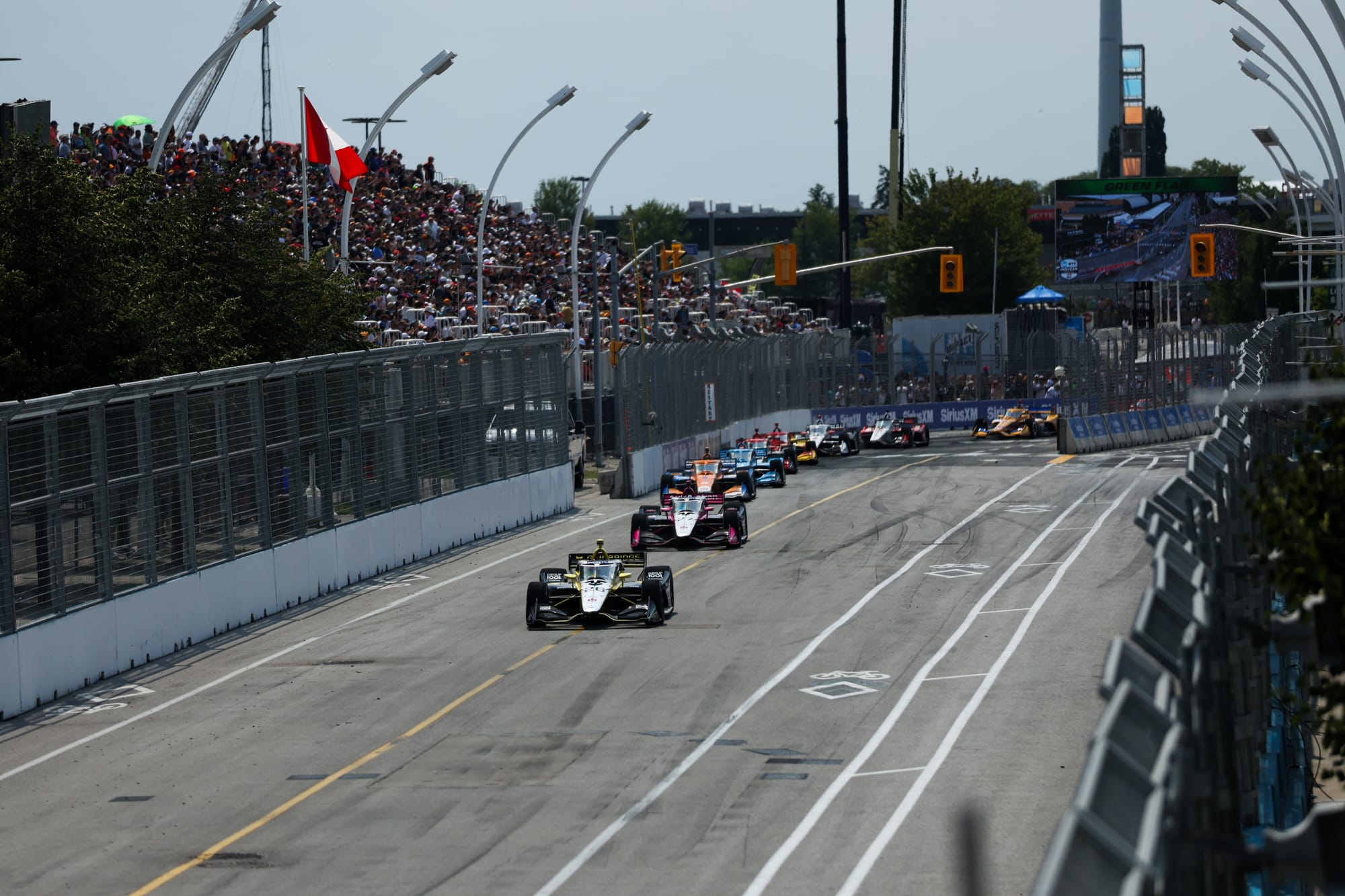
Boles enters the series at a volatile time.
The on-track product is fantastic, the series and the Indianapolis Motor Speedway has received increased investment since Roger Penske's acquisition of both in 2020, and three adverts during last weekend's Super Bowl programming topped off an incredible first few months for IndyCar's partnership with TV station Fox, which takes over from NBC for the 2025 season.
On the other side of the coin, the series needs a new car - expected for 2027 - as its current chassis was introduced in 2012 and it needs a new engine manufacturer to relieve the burden on Chevrolet and Honda, whose deals run out at the end of 2026.
Plus, more zoomed-out thinking is needed on the future of the on-and-off-track direction of the series. These kind of questions are faced by other series too, but that doesn't change the fact they are pivotal, especially as IndyCar tries to reach a higher pedestal it feels it deserves and its quality of racing justifies.
"I don't know that this is necessarily just on me," said Boles when asked about some of these long-term challenges facing IndyCar.
"I think even today, those conversations about new OEMs [manufacturers] and what does IndyCar look like post 2026, it's a collective. There are a lot of people that are working together to make this happen.
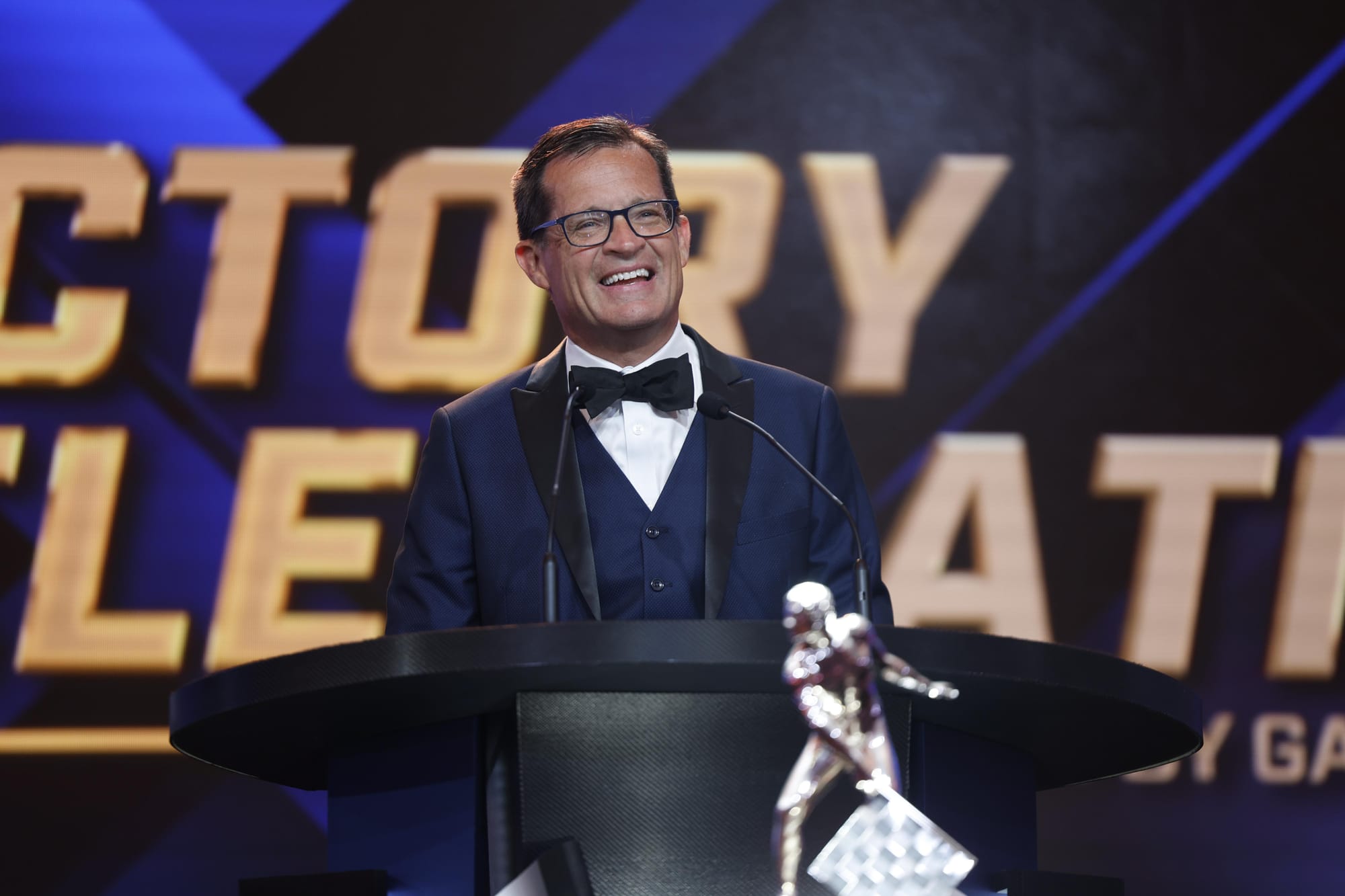
"Is it a daunting task for everybody? Sure, but we believe we have a product that we can sell that brings value to those partners.
"I've got a big learning curve to catch up to some of those conversations that have been ongoing pre the time that we made this announcement today, but definitely excited about continuing to work forward.
"There's folks inside the IndyCar office right now who have direct conversations with those OEMs and with Dallara as a manufacturer, and other folks, I think we're going to be OK as we go forward.
"It's not really the responsibility of one of us. It's the responsibility of a lot of us to make sure that we get these things across the finish line and be able to make some of those announcements as it relates to 2027 and beyond."
Miles echoed those sentiments. He said he is "completely confident" the change of president "can be seamless and that we won't drop balls or miss anything", and part of that is not just handing over all of these massive questions to someone new in the role with autonomy - and responsibility.
"It's not like we're saying, 'Hey, Doug, we need a new car, we'd like to have it by '27 or '28, let us know'," said Miles, in what might be the first on-the-record acknowledgement that a new car could come in 2028 and not 2027, which has been the stated goal. But perhaps IndyCar's just keeping options open and 2027 is still likely.
"An enormous amount of work has been going on and is ongoing, and lots of IndyCar people and others are involved," added Miles.
"So I won't go through the whole litany, but every week there are regularly scheduled meetings internal to IndyCar, with IndyCar and other suppliers. On Wednesday mornings, we have a United Nations of engineers and supplier firms that go through the strict agenda on next steps for each whole thing. And IndyCar has at least four or five [attendees], not including me. I try to never miss them.
"So it's a lot of ongoing work. A lot has been done. In some ways, I think we're kind of dialling things in at this point. And it wouldn't feel right to say, 'Hey, Doug, figure out what the new car needs to be'. It's seriously developed, maybe not final at this stage."
A key area he could help in
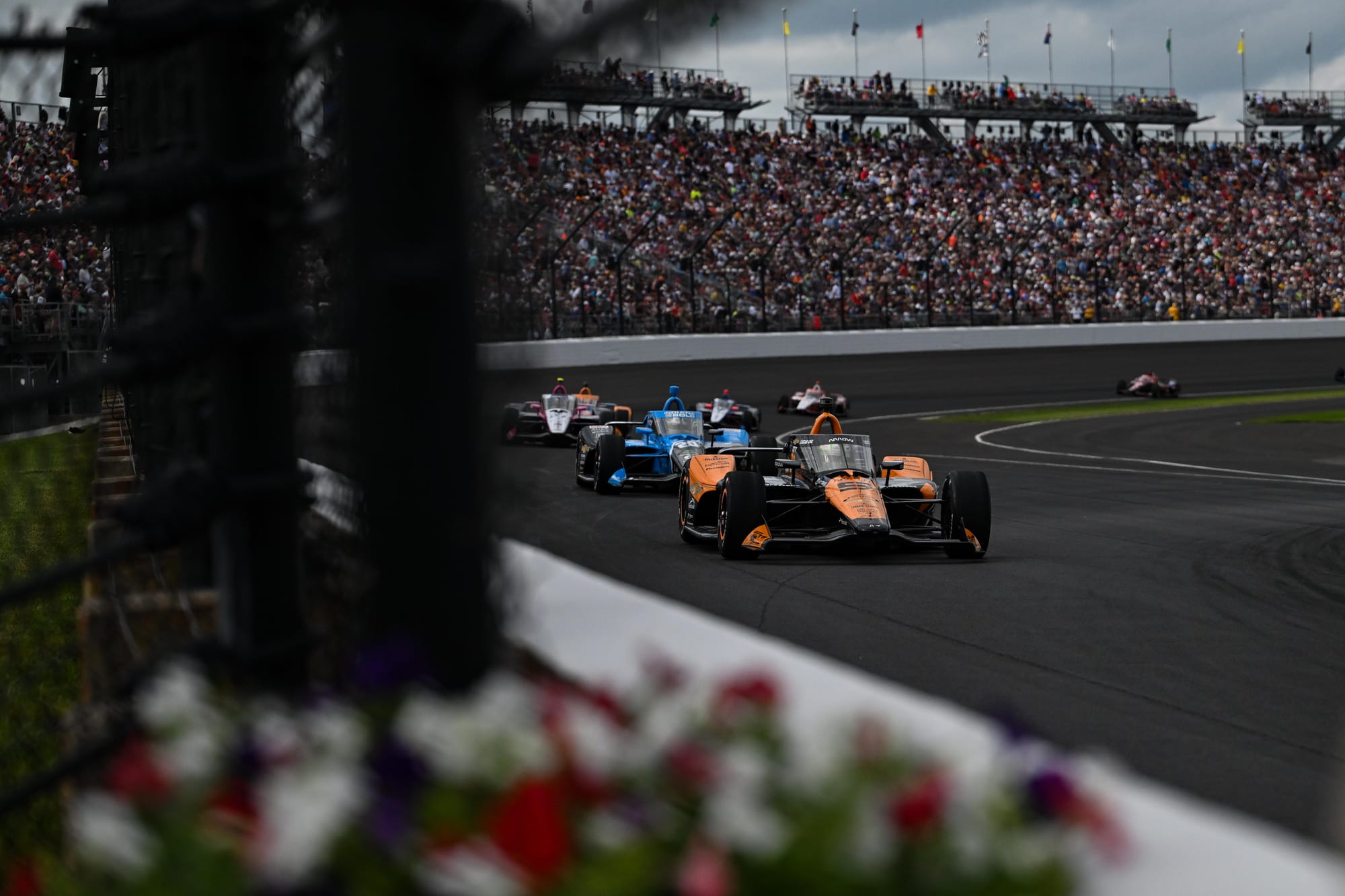
We've already pointed out how crucial Frye was on the comp and ops side, but perhaps that does explain some of the thinking for bringing in Boles. It's probably fair to say he is someone who would be deemed more effective on the marketing and commercial side than Frye, although it's not apparent that Frye was asked to increase his role in those areas, or that Frye wouldn't be able to fulfil such a role.
"Jay focused more on competition and operations, and that's on the track, and I think less on the other commercial aspects of the sport, and IndyCar," explained Miles.
"Doug is, I think, incredibly well suited to work on both. I haven't thought about it in sort of comparative terms, but I know he [Boles] can punch his weight class on both, making sure we're in good shape for the racing as well as the commercial side.
"The way we like to think about the way the company's run is, it is a team. It's hard to think of the things where one person, me, or anybody, or Roger, anybody else decided."
Miles said with Boles he hopes "to go from the very strong base we have in terms of comp and ops, and integrate more, maybe break down the silos a bit between comp and ops and the commercial side of the sport, I think that'll just heighten our growth".
How will one person manage a circuit + a series?
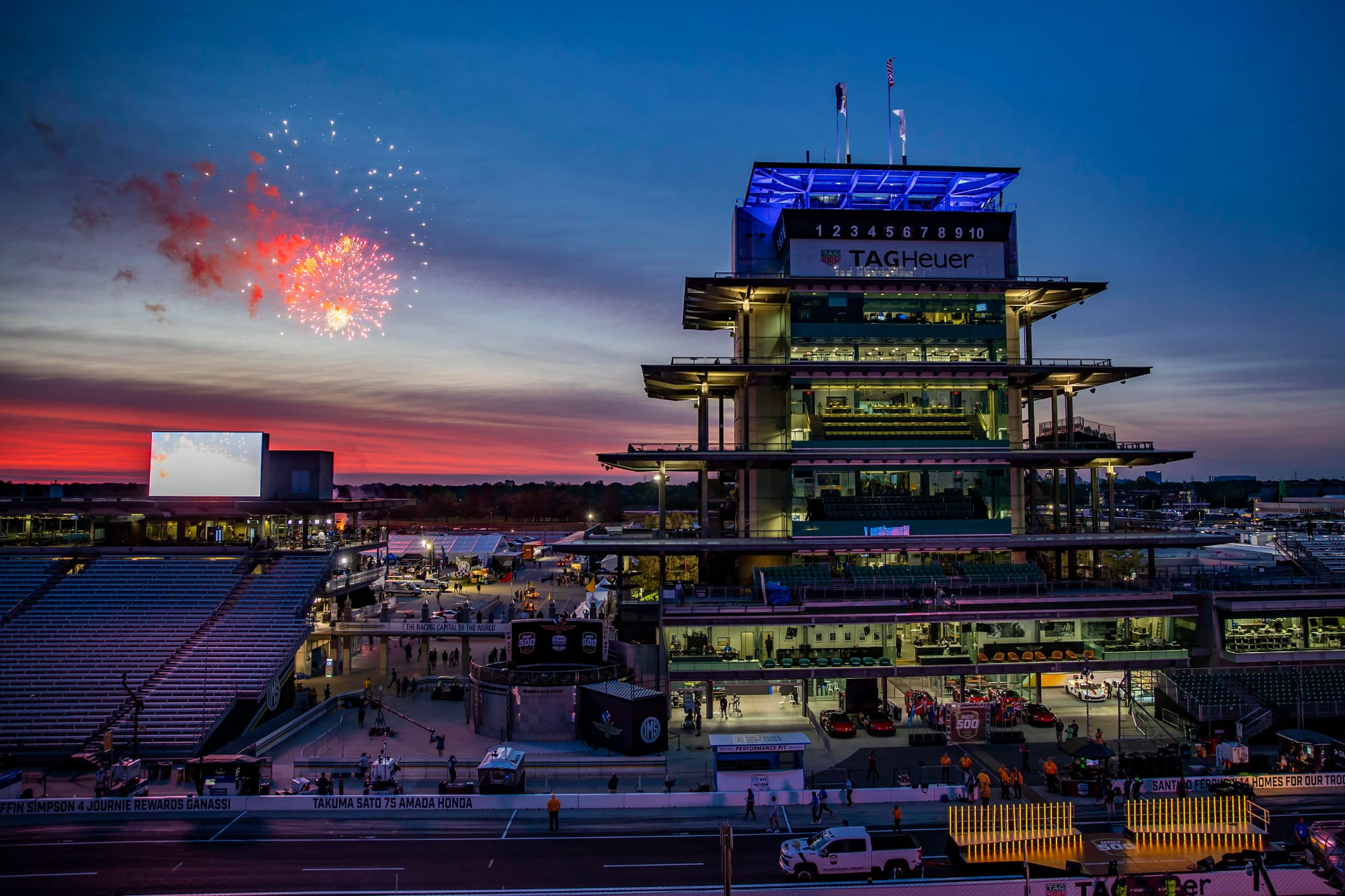
The answer to this question is 'we don’t know yet' but we can certainly discuss some of the things that will influence Boles’ chances of success.
He says his immediate focus will switch to IndyCar over the Indianapolis 500, although of course he will be involved in both. The planning for an Indy 500 begins 18 months before that event - so planning for 2026 has already started, well before the 2025 event has happened.
Not only is planning ahead common, but a series of promotions and role changes will help alleviate the burden on Boles. In particular, Louis Kissinger is the new general manager at IMS and will take a lot of the day-to-day pieces off Boles's chessboard. On the IndyCar side, Mark Sibla's promotion from chief of staff to senior vice president of competition and operations puts an experienced operator in that area in charge.
IndyCar and IMS's major staff changes
Doug Boles - president of IndyCar as well as IMS
Mark Sibla - from chief of staff at IndyCar to senior vice president of IndyCar competition and operations
Kyle Novak - remains IndyCar race director but becomes vice president of officiating and race control
Alex Damron - from vice president of corporate communications at IMS to chief marketing officer
Louis Kissinger - from director, event planning and execution to general manager
Boles is being supported by internal promotions with years of event and championship experience, and people he didn't autonomously choose but had a say in their positions being finalised, providing his opinion at least. Miles said he is happy with the number of people in place but "if we need to add horsepower [personnel] in given areas, we'll do it, we’ll do what it takes to be successful".
If you imagine Kissinger moving into the role of Boles at IMS on day-to-day activities, and Sibla moving into Frye's role at IndyCar, and with Boles still involved in both with an overseeing role, it starts to make a lot of sense even if that's not exactly how it will work.
And perhaps it's exactly what IndyCar needs: to have another person out of the coalface and able to think more long-term about its direction.
Boles said he is "confident" he can do both.
The only logistical stumbling block might be when IMS and IndyCar events clash - like NASCAR's race at Indy and IndyCar's Laguna Seca race. In this instance, Boles said he plans to head to Laguna and then fly back for the NASCAR race overnight, but hasn't made final decisions.
This does make a lot of sense
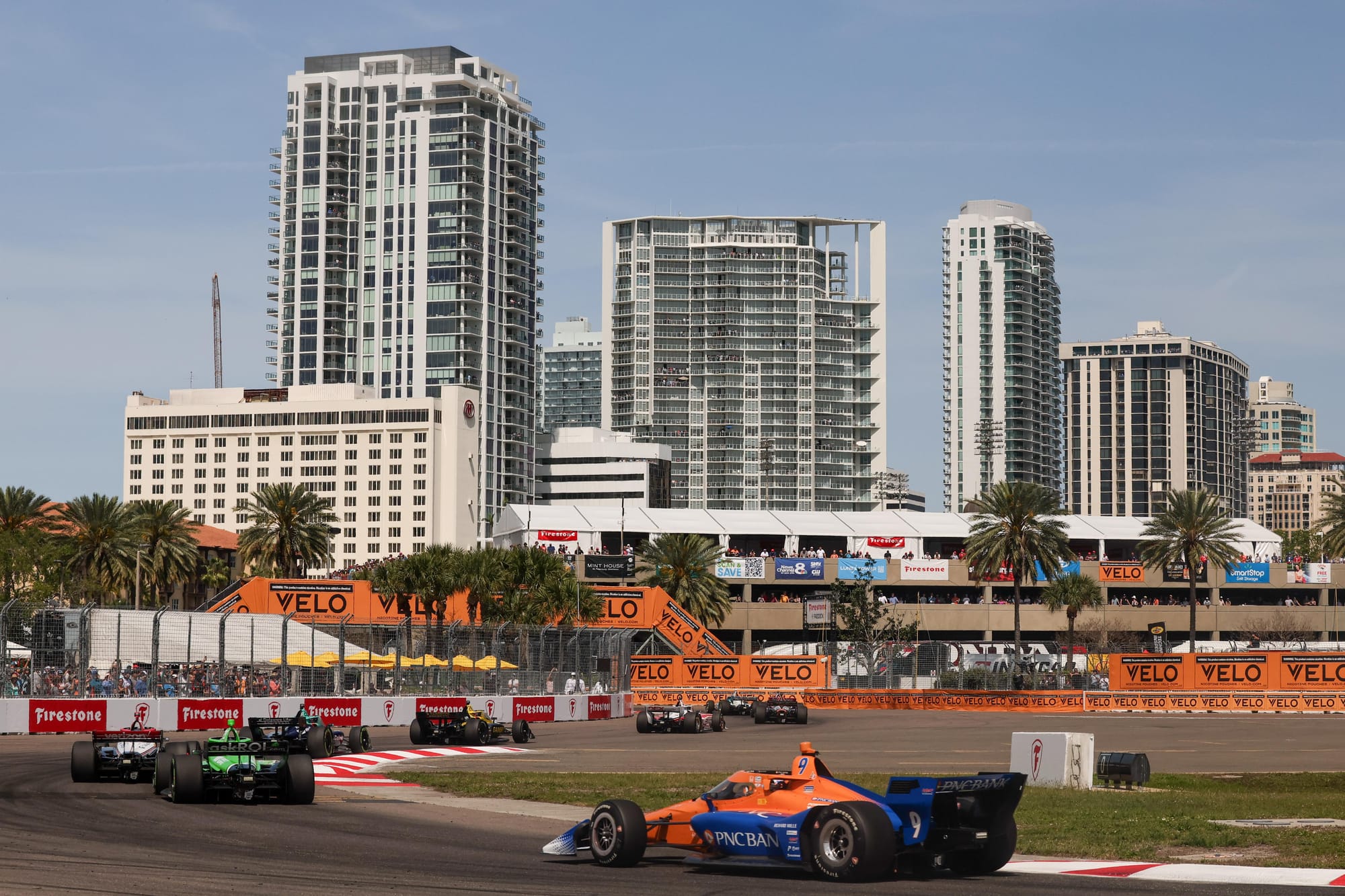
There's no doubt Frye's experience won't be immediately replaceable by Boles, but he'll learn quickly and has been a team owner at Panther Racing, a two-time championship-winning team - as well as being one of the most excitable-about-motorsport people you could ever meet.
He adds something new, with the expectation he'll be more focused on uniting the on-track product with everything around it. And many of the long-term questions around the series are faced and endured by IMS which he has led since 2013.
"The Indy 500 doesn't work without a really healthy IndyCar Series and the IndyCar Series doesn't work without the Indianapolis 500, so weaving those two things together is one of the strengths that we'll have, because the success of both is interdependent," added Boles, making a really good point that while he isn't a direct replacement for Frye, he's still been a key stakeholder in the series for a long time.
If the role works as anticipated, Boles has the opportunity to really shape the future of IndyCar for years to come. There won't be anyone more enthusiastic you could hire for the role, and there's no doubt Boles is excited to get going.


